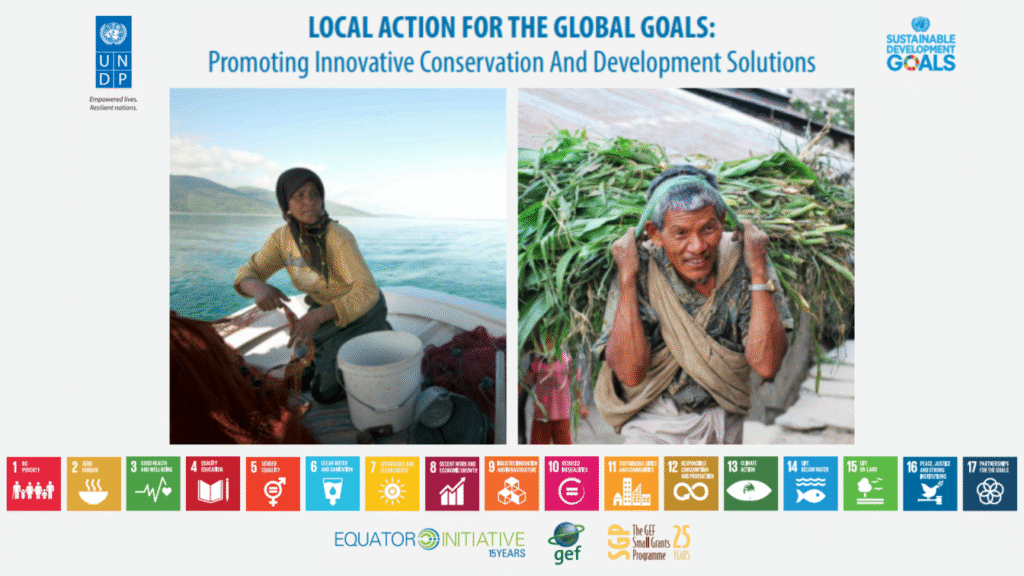The idea of building a global future through local sustainable actions has never been more crucial. Global challenges such as climate change, biodiversity loss, and resource depletion cannot be solved through large-scale interventions alone—they demand grounded, community-driven initiatives. Research highlights that small-scale environmental efforts like community gardens or local renewable energy systems can serve as accessible and measurable foundations for broader sustainability frameworks when linked with global goals. Though modest in scope, these actions gain global significance when aligned with the Sustainable Development Goals (SDGs).
Central to this process is the principle of “localization,” which ensures that global objectives become meaningful when interpreted and implemented within specific community contexts. A study outlines three critical enablers of local SDG action: institutional embedding, stakeholder coordination, and community engagement. Effective sustainability transitions rely on collaboration among local governments, civic organizations, and private sectors. Furthermore, research indicates that local actions are most impactful when co-produced with local stakeholders and when potential spill-overs, synergies, and trade-offs are carefully considered.
Local sustainable actions also drive resilience and inclusive growth. As the world moves toward decarbonization and climate resilience, communities investing in renewable energy, waste reduction, and circular economies are advancing SDG 7 (Affordable and Clean Energy), SDG 11 (Sustainable Cities and Communities), and SDG 13 (Climate Action). Empowering local actors enhances emissions reduction and fosters socio-economic progress.
In India, grassroots efforts in river clean-ups, rooftop solar projects, and community composting show how local actions align with national climate ambitions and global sustainability goals. By fostering local leadership and linking community innovation to policy frameworks and educational initiatives, Indian efforts demonstrate how collaboration, innovation, and awareness can transform local practices into scalable models of sustainability. Such actions reinforce the nation’s role in building a cleaner, greener global future.
Thus, the path to a sustainable world begins at the local level. When local innovation aligns with global frameworks, it creates ripples of global impact—proving that true sustainability grows from the bottom up, driving a resilient and equitable future for all.
SOURCES:
- https://journals.plos.org/sustainabilitytransformation/article?id=10.1371%2Fjournal.pstr.0000185
- https://www.cambridge.org/core/journals/global-sustainability/article/three-perspectives-on-enabling-local-actions-for-the-sustainable-development-goals-sdgs/C12EC5E7865368E5C7D01FBFA8E579C2
- https://link.springer.com/article/10.1007/s11625-024-01494-6
- https://www.weforum.org/stories/2025/05/climate-smart-communities-drive-global-impact/
- https://www.sciencedirect.com/science/article/pii/S2949821X2500050X

